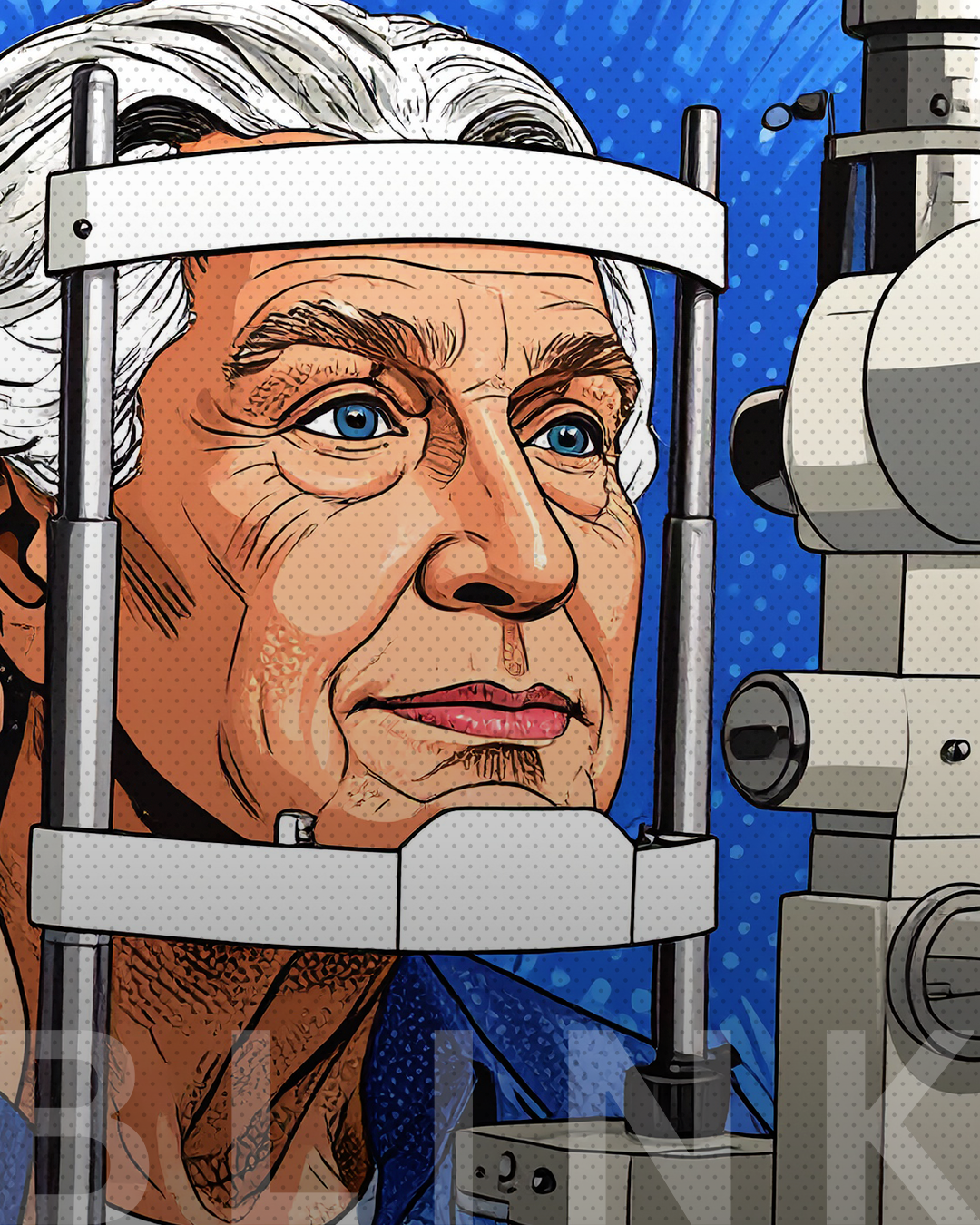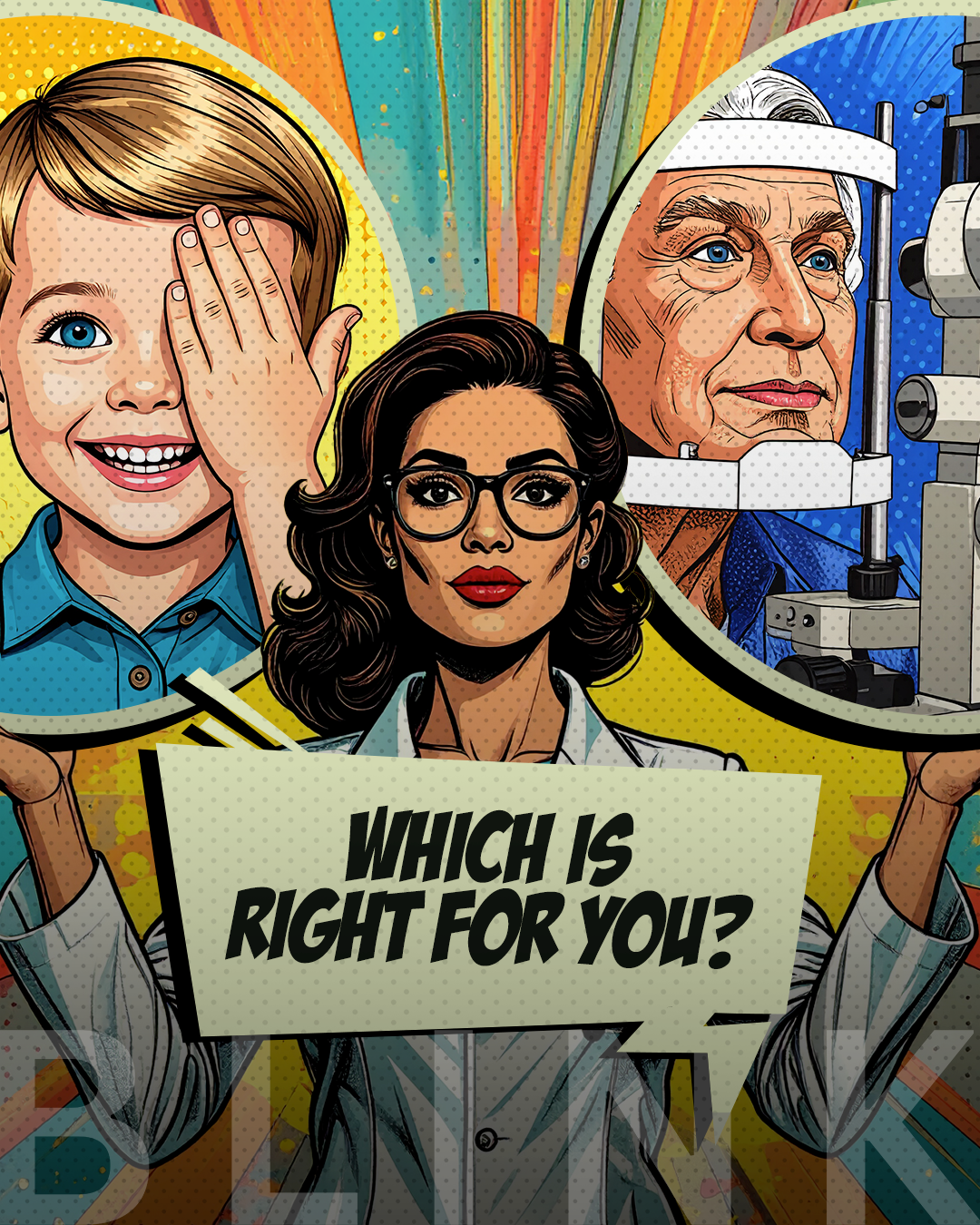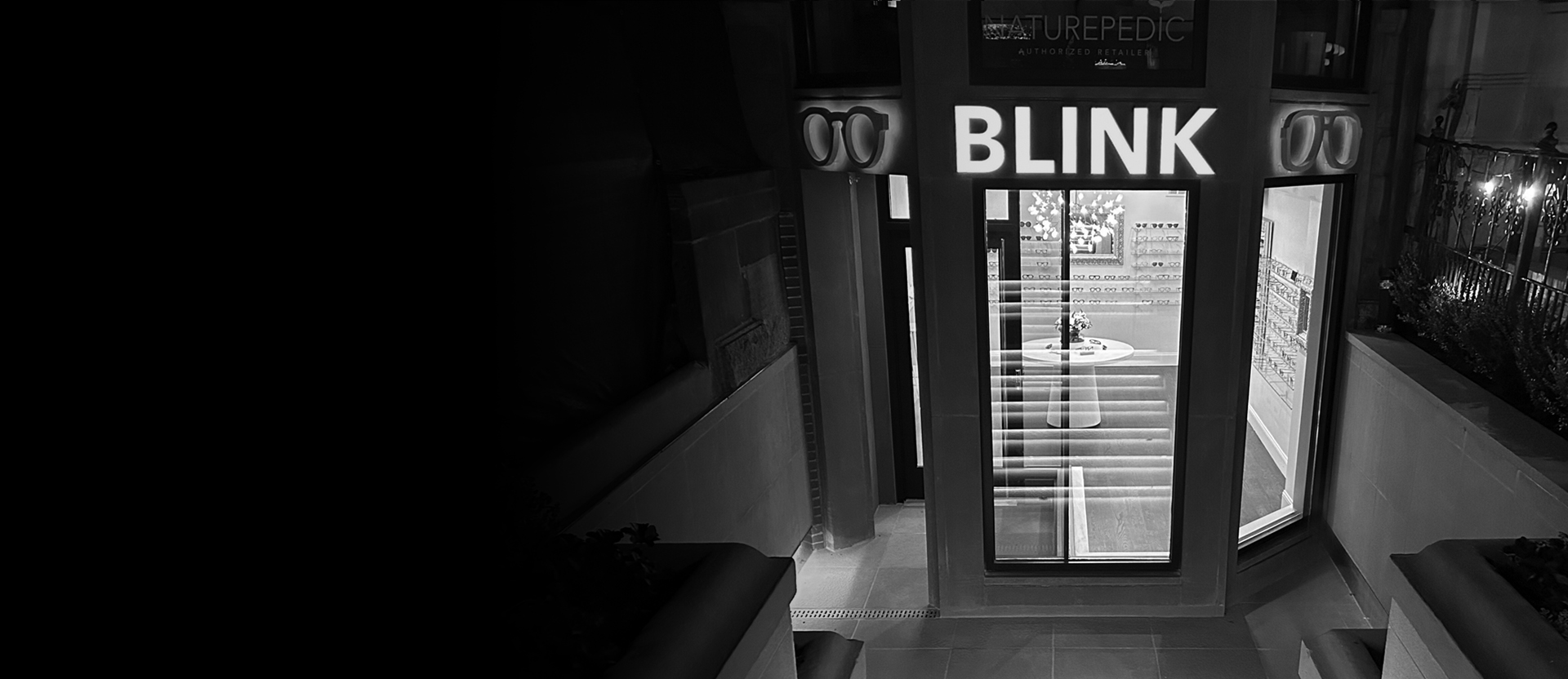
When it comes to protecting your vision, not all eye exams are created equal. While both medical eye exams and comprehensive eye exams are important, they serve different purposes and address different needs. Knowing the difference helps you make informed decisions about your eye health and ensures you’re scheduling the right appointment at the right time.
What Is a Medical Eye Exam?
A medical eye exam is focused on diagnosing and managing eye diseases or conditions. If you’re experiencing issues such as sudden vision changes, flashes of light, eye pain, redness, or symptoms related to systemic health problems like diabetes or high blood pressure, a medical exam is likely what you need.
These exams often involve specialized testing, including:
- Retinal exams to evaluate the back of the eye
- Eye pressure checks to screen for glaucoma
- Testing related to conditions like diabetic retinopathy, cataracts, or macular degeneration
Medical eye exams are typically billed to your medical insurance, as they are considered essential for diagnosing or treating health conditions.

What Is a Comprehensive Eye Exam?
A comprehensive eye exam, on the other hand, is designed to evaluate your overall visual health and prescription needs. Even if you don’t have symptoms, routine comprehensive exams are key for ensuring your eyes are functioning properly.
These exams include:
- Checking visual acuity and updating prescriptions for glasses or contact lenses
- Assessing eye alignment and focusing ability
- Examining eye structures like the cornea, lens, and retina for early signs of disease
- Discussing lifestyle or work-related vision needs

Key Differences Between the Two
The primary purpose of a medical eye exam is to diagnose or manage an eye disease or medical condition. These exams are essential when patients experience symptoms such as eye emergencies or complications related to conditions like diabetes or hypertension. In contrast, the purpose of a comprehensive eye exam is to maintain general eye health and provide accurate vision correction. These routine exams help ensure your prescription is up to date and your eyes are functioning at their best.
The frequency of these exams also differs. Medical exams are scheduled as needed, often based on the presence of symptoms or the recommendation of your eye doctor. Comprehensive exams, on the other hand, should be scheduled annually as a proactive way to monitor and maintain overall eye health.
Why Both Are Important
Relying only on one type of exam can leave gaps in your eye care. Comprehensive exams help catch early changes and keep your prescription up to date, while medical exams address concerns that need immediate or ongoing attention. Together, they form a complete approach to protecting your sight.
Experience Complete Eye Care at BLINK
Your eyes are too important to take for granted. Whether you need a comprehensive eye exam to update your prescription or a medical eye exam to check on a specific concern, scheduling the right appointment is essential for your long-term eye health.
At BLINK, Dr. Coen provides both comprehensive and medical eye care tailored to your needs. If you’re due for an exam or experiencing vision changes, contact us to schedule your appointment and keep your eyes healthy for years to come. Visit our office on Newbury Street in Boston, or reach us at (617) 780-0728 to book your appointment today.


